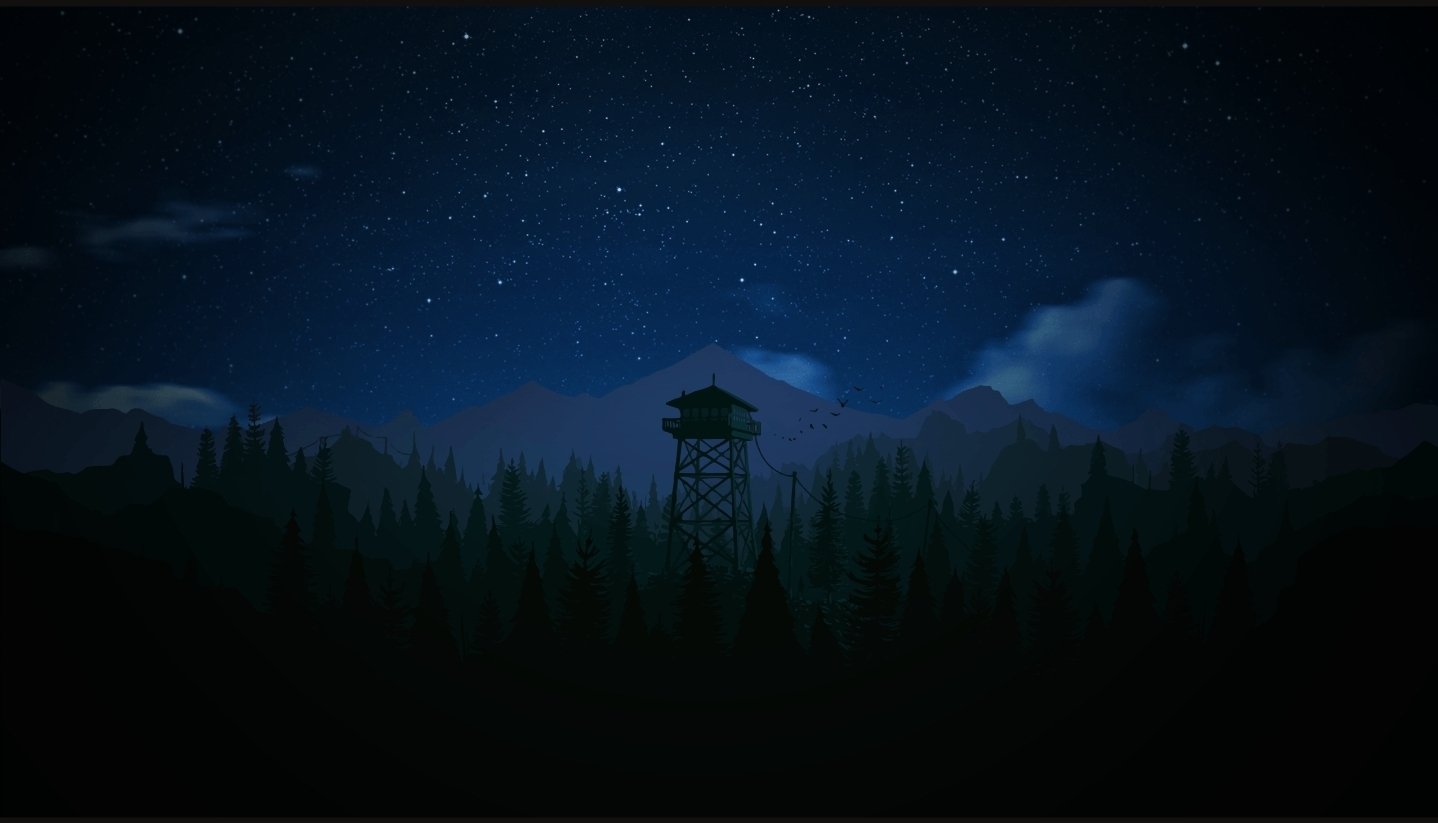- cross-posted to:
- usnews@lemy.lol
- cross-posted to:
- usnews@lemy.lol
In an open letter to publishers, more than 30,000 readers, researchers, and authors begged for access to the books to be restored in the open library, claiming the takedowns dealt “a serious blow to lower-income families, people with disabilities, rural communities, and LGBTQ+ people, among many others,” who may not have access to a local library or feel “safe accessing the information they need in public.”
During a press briefing following arguments in court Friday, IA founder Brewster Kahle said that “those voices weren’t being heard.” Judges appeared primarily focused on understanding how IA’s digital lending potentially hurts publishers’ profits in the ebook licensing market, rather than on how publishers’ costly ebook licensing potentially harms readers.
I like the library analogy.
The way things are going, libraries themselves will be outlawed.
Did you know that librarians usually have a penis or a vagina? And the most horrible thing of all is that they bring it with them into the library! They jiggle it all around every time they go around putting books back in their order and such. It’s horrible. What kind of message are they trying to send?
I mean regardless of what sexually deviant thing they carry around between their legs, for sure, almost with a failure, with just a few exceptions, all of those deviants bring an anus with them where ever they go. And tits! They are gotta bring their tits like anyone is interested in those things. My God! We need to burn those places down!
I should go to the library more
You didn’t have to get me this worked up, okay?
Okay okay.
Then only outlaws will have libraries?
No, have libraries only outlaws will.
Thanks Yoda
Presidents will get to open a merch store that sells a few books after their presidencies now rather than the presidential libraries
But there’s a very clear distinction in the law. Libraries are covered under first sale doctrine. You can do effectively what you want with a physical object that contains copyrighted material placed there by the owner.
Digital anything is not covered by the first sale doctrine. Every individual loan is a copy. Every time a “copy” moves between devices is a copy. There is no legal framework for ownership of anything digital. It’s always a license, no matter what permissions that license grants you.
You have to pass new laws to match the digital world. Under the current laws, it’s extremely clear that lending unauthorized digital copies of a physical book is copyright infringement. Wholesale copies of a work aren’t even in the neighborhood of fair use, especially when you’re distributing a bunch of them. DRMing those copies is completely irrelevant legally.
You have to pass new laws to match the digital world.
They did—it’s called the DMCA, and it’s working exactly as they intended it to.
I really don’t think anyone envisioned the way digital distribution would change when the DMCA was written.
But my point isn’t that there’s political will to make a change, but that the judiciary really doesn’t have the capacity to rule any other way than the obvious “you can’t do this”. It would be a completely wild precedent for this case to somehow result in a ruling that it’s fair use based on the actual law and the history of previous rulings.
Digital anything is not covered by the first sale doctrine. Every individual loan is a copy
So this is basically why ebooks are problematic at libraries then? That issue alone really seems like it needs a legal update.
Yep. Libraries can’t just buy an ebook like they can buy a book. They have to negotiate a contract with the copyright holder to be able to lend them out.
The IAs point is that they should not have to do that, partly because of first sale doctrine. They bought each ebook, and only lend out that copy, the exact same as libraries do now.
1 bought copy, 1 lend. That’s a fair and simple system that mimics hundreds of years of physical book lending.
Their other point is that the societal good of allowing anyone in the world to educate themselves for free far, far outweigh the value of monetary gain for publishers. Since copyright is intended to help society, their interpretation is the better application of it.
Then write new laws. Digitizing the book is already relying on fair use. Judges aren’t lawmakers, and this case doesn’t have the tiniest hint of the tiniest shred of a leg to stand on.
There is no first sale doctrine for digital. There is no such thing as ownership of a “digital copy” to begin with. The framework doesn’t exist. You have a license.
Again, it’s their point that they dont need to change the law, just that the law should just be applied better.
Thats what the court will decide.
There’s no possible way to apply the law where the Internet Archive is permitted to do their lending program. It very clearly is illegal copyright infringement that does not come anywhere close to fair use.
The judges do not have the authority to completely overrule both the text of the law and the massive body of precedent. The Supreme Court could, except the Constitution explicitly grants Congress the right to regulate IP how they see fit, and the law is super clear that you can’t do anything that resembles what IA is doing in any way.
You can use your library card to login to Libby and check out ebooks.
You can check an eBook out, but there are examples of issues, something like the library can only do it five times or whatever. It isn’t treated like an actual book. I don’t know the details but there are problems with eBook rentals.
There’s always piratebay.
Because the libraries have explicit licenses from the IP holders.
I understand your point. But the archive isn’t giving you a copy. It will display 2 pages on your screen, using encryption, for up to 2 hours. You can turn pages and see a different 2 pages displayed, but that’s it.
Is this a significant distinction from a copy, I don’t know. But it does seem different as I cannot take that copy, I can only observe content and even then in a limited way.
The Internet Archive had a system in place specifically to ensure that they had a legal license for each copy of the book loaded out digitally at any given time. This essentially made it a library.
During the lockdown, they intentionally stopped using this system and loaned out unlimited copies. They didn’t just violate copyright in accident, they willfully and intentionally disabled their own systems designed to preserve copyright.
I think the publishers suck too, but the Internet Archive humped the bunk on this one.
Yeah, I realize that. They waaaaay overstepped their rights on that one. But they are back to the original method.
They waited until they were sued to stop.
If you get caught speeding, the judge doesn’t throw out the ticket because you slowed down as the cop pulled you over.
They really brought attention to themselves. But if I understand it the current discussion is about if all books need to be removed, or can they have controlled lending.
Correct, the entire concept of physically backed digital lending is being threatened, and many physical libraries contracted with IA to digitize their books and then facilitate digitally lending their physical copies to their patrons
The encryption is literally entirely irrelevant.
The argument that a copy in your browser is legally defensible is the equivalent of claiming that sites can legally stream movies to you. It is a copy, both legally and in reality.
I can see where you are going with this. But there is NOT a copy in my browser. Only a representation of a fraction of the whole book at any given time. I cannot make a copy.
When I am viewing the section of the book, the rest of the book is “checked out”. No one else can look at it. Is this not how a library works? I check out an item, then I take it back? Are they not making the steps to make sure I can check it out, read it, and then I have to give it back?
Since libraries are allowed to loan from their collection, what makes digital any different? In the case of video, if the library wanted to check out a video and stream it to me, I see no difference than me checking it out myself. In fact libraries are granted the right to show videos to me and small groups, so why can’t I be farther away than in their building?
The current move of libraries to streaming services is exactly because of this. Now the library has a license, and cannot share the stream without the license. This is a move to remove physical items so that the possibility of streaming from a physical item is moot.
It doesn’t matter if the copy is all at once. Every bit of the file touching your computer involves multiple copies. It is fundamentally impossible to share any file without copies being made. The original digitization is already probably illegal because it’s for the purpose of distribution and not one of the fair use exceptions. Again, this is exactly identical to the claim that pirate sites providing streaming is legal.
Libraries do not make copies. Legally, it’s exactly that simple. There is no ambiguity in any way. It is copyright infringement under current law. It is not possible to defend this without throwing current law in the trash and starting over from scratch. If the judge did somehow rule in IA’s favor the Supreme Court could overrule him in about 30 seconds with basically no deliberation. Courts do not have the authority to change the law.
Some digital libraries have systems set up to lend you a book for X number of hours for free, making it both limited and accessible at the same time. Are those treated as regular libraries?
With governance across the US destroying libraries left and right, what IA is doing is basically a necessary future.
The IA needs to lay low a bit before we loose them. There’s plenty of stuff out there they can archive that we need that won’t piss off copyright.
We need an ipfs or torrent library that’s out of easy reach of the courts.
It really doesn’t seem to be the political climate to do something good for the people right now, at least in the US. I feel dirty even typing the last part. It’s so sad.
You’re right, better to pick some battles and live another day to do something good.
It’s the US 2nd Circuit Court of Appeals for those curious.
But goddammit they will try
For a second I thought that little thumbnail image was bookshelf loss but the order is wrong.
Internet Archive bad, AI good!





